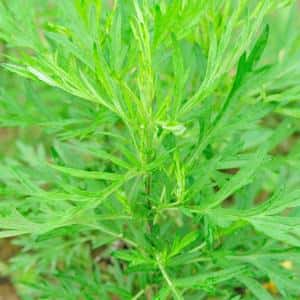
When the Nobel Prize for physiology or medicine was announced this week, there was no particular emphasis on the fact that both parts of the prize were for natural products research. Commentators focused on the anti-parasite nature of the research that was awarded the prize.
The Genesis of Ivermectin:
William C. Campbell and Satoshi Omura collaborated in the development of a compound called avermectin from soil bacteria in the genus Streptomyces. Avermectin was active against parasites in farm animals and was further refined into a drug called ivermectin. There’s a good chance you give this drug to your dog every month to prevent heartworm infection. It was also approved recently in cream form under the name Soolantra to treat the skin condition rosacea.
River Blindness:
The Nobel Prize committee was presumably more impressed with its effectiveness against a devastating parasitic infection of humans called onchocerciasis, or river blindness. This infestation has been responsible for loss of vision among nearly a million people in Africa, but treatment with ivermectin has nearly brought it under control.
Ancient Artemisinin Against Malaria:
The Nobel Prize committee also recognized Dr. Youyou Tu, a professor at the China Academy of Traditional Chinese Medicine. Dr. Tu studied many traditional Chinese medicines and used ancient texts nearly two thousand years old to guide her in isolating the compound artemisinin from Artemisia annua.
Artemisinin has become an important drug in the fight against malaria, although unfortunately the Plasmodium parasite that causes the disease is beginning to develop resistance. Malaria killed half a million people in 2013, but more than three billion are at risk from it worldwide.

